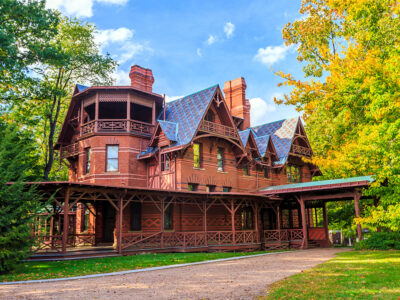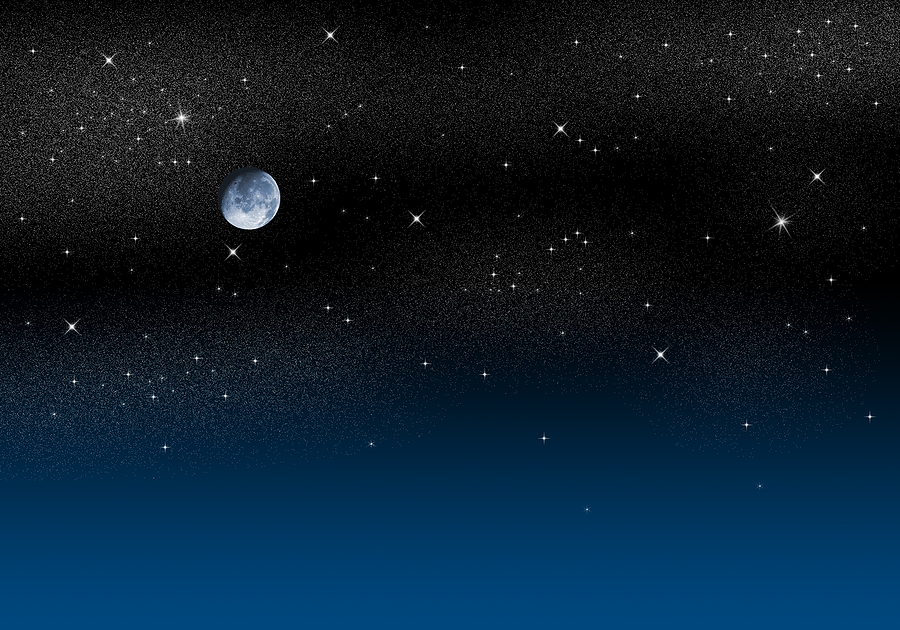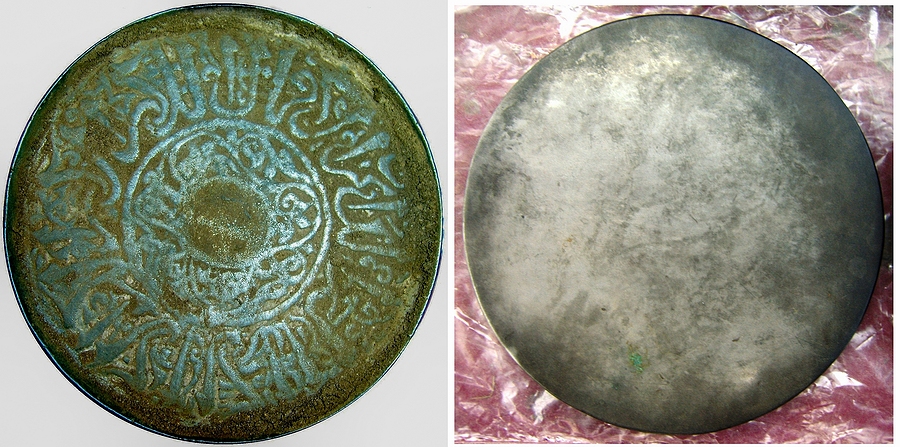Agents have a difficult time selling any kind of personal story, from memoirs that contain memories from one’s life to other types of autobiographical works that might recap the author’s story as a series of events.
Regardless of the type, this writing generates very limited interest from traditional publishers, unless the author has a good-size marketing platform because they achieved a level of notoriety or fame. Even then, it can be a struggle. I first wrote about this issue six years ago this month, taking a somewhat unexpected (at least to me!) perspective to explain why this category struggles to gain traction.
Reading the guidelines section of this agency’s website makes it clear we are not looking for personal stories as a general rule. Still, Christ-followers have great stories to tell, testifying of their paths to Christ and how they walk with him now through all sorts of situations.
Here’s a thought for your consideration today: Maybe you should consider instead communicating your story or testimony for free and not in book form.
It is possible being prepared to tell your personal story in a succinct and compelling manner is what the apostle is partially referring to in 1 Peter 3:15, “Instead, you must worship Christ as Lord of your life. And if someone asks about your hope as a believer, always be ready to explain it” (NLT).
Maybe Christian writers shouldn’t be trying to sell their story/testimony after all, but giving it away instead, at every appropriate chance they get. I know money isn’t the initial thought when you write a book about your life journey; but since there is a very small niche market for personal-testimony books, you might consider writing your story as “practice” for presenting it and as a reminder of the details in case you forget some of them.
But hoping for a traditional publisher to invest money in it? It’s unlikely.
Of course, a quick testimony is always important to give context to your broader message. Christian speakers do this all the time. But they do so in short pieces before they move on to the point of their talks.
Maybe one of the reasons why, with few exceptions, personal stories don’t sell well, is the reader is looking for the “So what? How does this help me?” in a book they spent money to buy.
When publishers and agents look at a book proposal, they look for reader benefit, or the “promise,” if you will. If it isn’t apparent, there’s a problem, since readers think the same way.
So, give away your story, then write and sell the lessons learned from the journey. Write about the deep insights to help and encourage others, the advice to someone on the road you once traveled, the “if I could do it all over again” wisdom that readers value.
For Christians, you definitely have a story to tell, so tell it, for free, any time or anywhere appropriate. Then sit down and write the lessons and scales-fallen-away insight, making your book a valuable addition to a growing disciple’s bookshelf.










